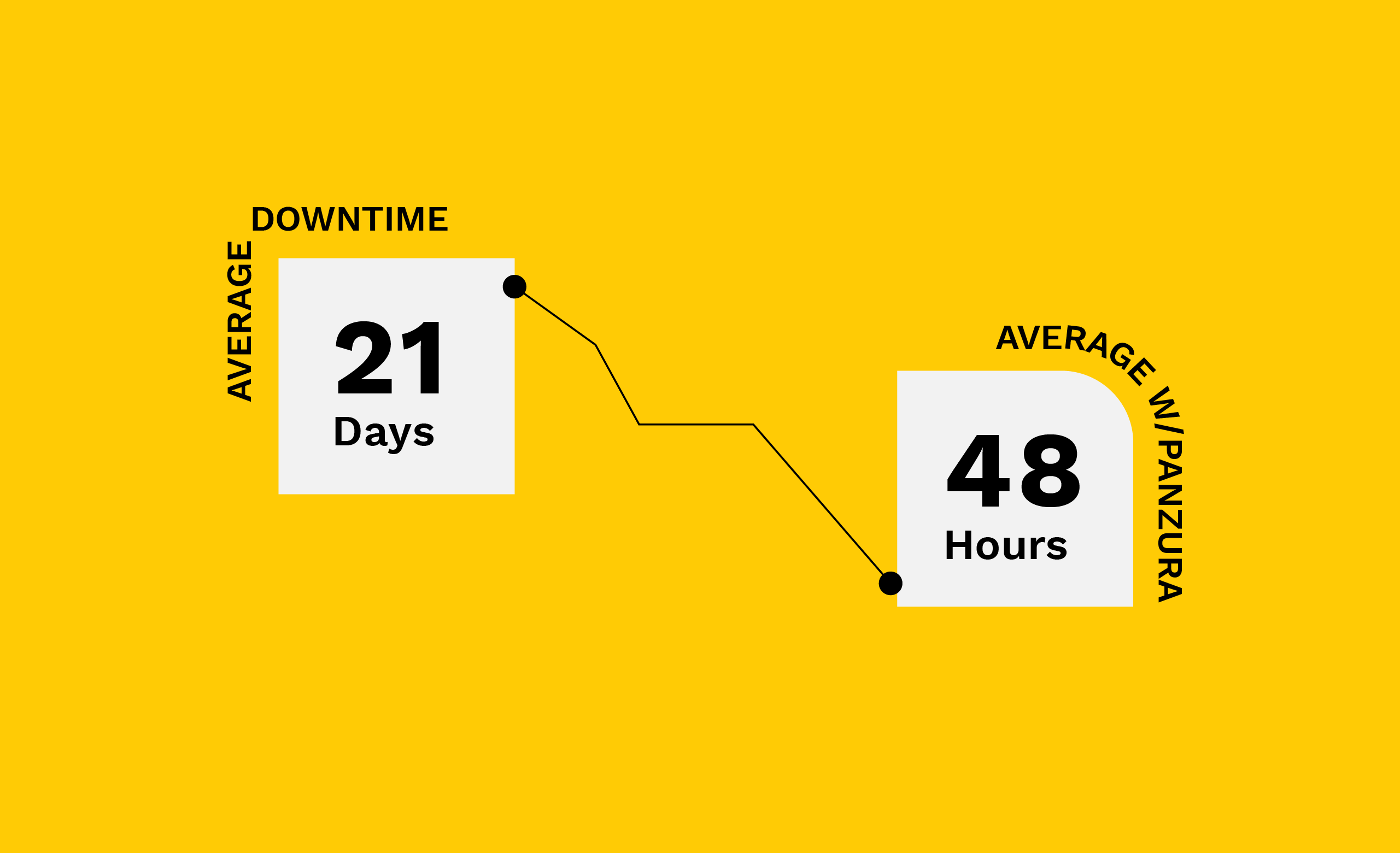Panzura Symphony Powers Sustainability and ESG Goals in Data Operations
Cut Energy Consumption, Reduce e-Waste, and Optimize Resources with Intelligent Data Management for a More Responsible Digital Future
Panzura
Our enterprise data success framework allows enterprises to build extraordinary hybrid cloud file and data systems.
![]()
Platforms
Complementary file and data platforms that deliver complete visibility, control, resilience, and immediacy to organizations worldwide.
Solutions
From data resilience to global file delivery, we solve the toughest and most important data problems facing organizations globally.
Resources
Find insights, news, whitepapers, webinars, and solutions in our resource center.
Company
We bring command and control, resiliency, and immediacy to the world’s unstructured data. We make it visible, safeguard it against damage, and deliver it instantly to people, workloads, and processes, no matter where they are.

Table of Contents

Cut Energy Consumption, Reduce e-Waste, and Optimize Resources with Intelligent Data Management for a More Responsible Digital Future

Paving the Way for a Cost-Efficient Future as Organizations Balance Digital Transformation with Corporate Sustainability Initiatives

Panzura CloudFS Addresses the Critical Challenges of File Data Fragmentation, Cyber-Resilience, and Data Immediacy in Today’s Enterprise